Sliced bread came about in 1928 in Missouri. Matt Ridley argues that’s not incidental. Specific circumstances made the time and location ripe for this innovation. The award-winning author explores the factors that enable innovation, the conditions that foster it and the elements that make people receptive to it. Ridley demonstrates, through myriad examples, the power and lasting impact innovation brings to society in improving the way people farm, eat, communicate and live.
Inventions become innovative when society finds them useful.
Inventors work to solve problems, both big and small. When new ideas lead to new practices in people’s lives or change the way they work, inventions become innovations: Examples are the light bulb, the internal combustion engine and even social media.
But why are some inventions transformative, while others don’t take off – or not right away? The recipe for innovation is complex, but if you look at innovations that did make it, they seem inevitable in retrospect. At the time of the inventions, however, people rarely envision their eventual far-reaching effects. John Leal, for example, added chloride of lime to water to remedy the contamination of Jersey City’s public water supply. Leal didn’t invent this process, nor did he foresee its wide-ranging ramifications, including its use as an antiseptic in medicine. Inventions likely become innovative when society finds them useful. Further, certain factors, such as the freedom to work with others and share opinions, create environments conducive to innovation.
Innovation hinges on the ability to exchange ideas.









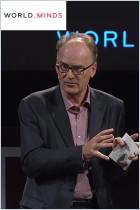
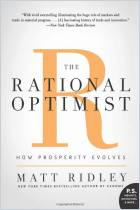
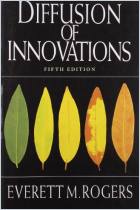
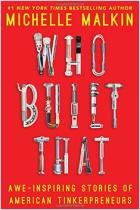
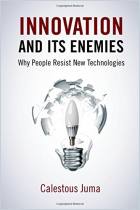

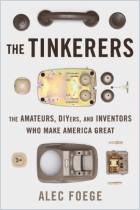
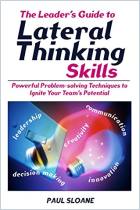



Comment on this summary or Comenzar discusión